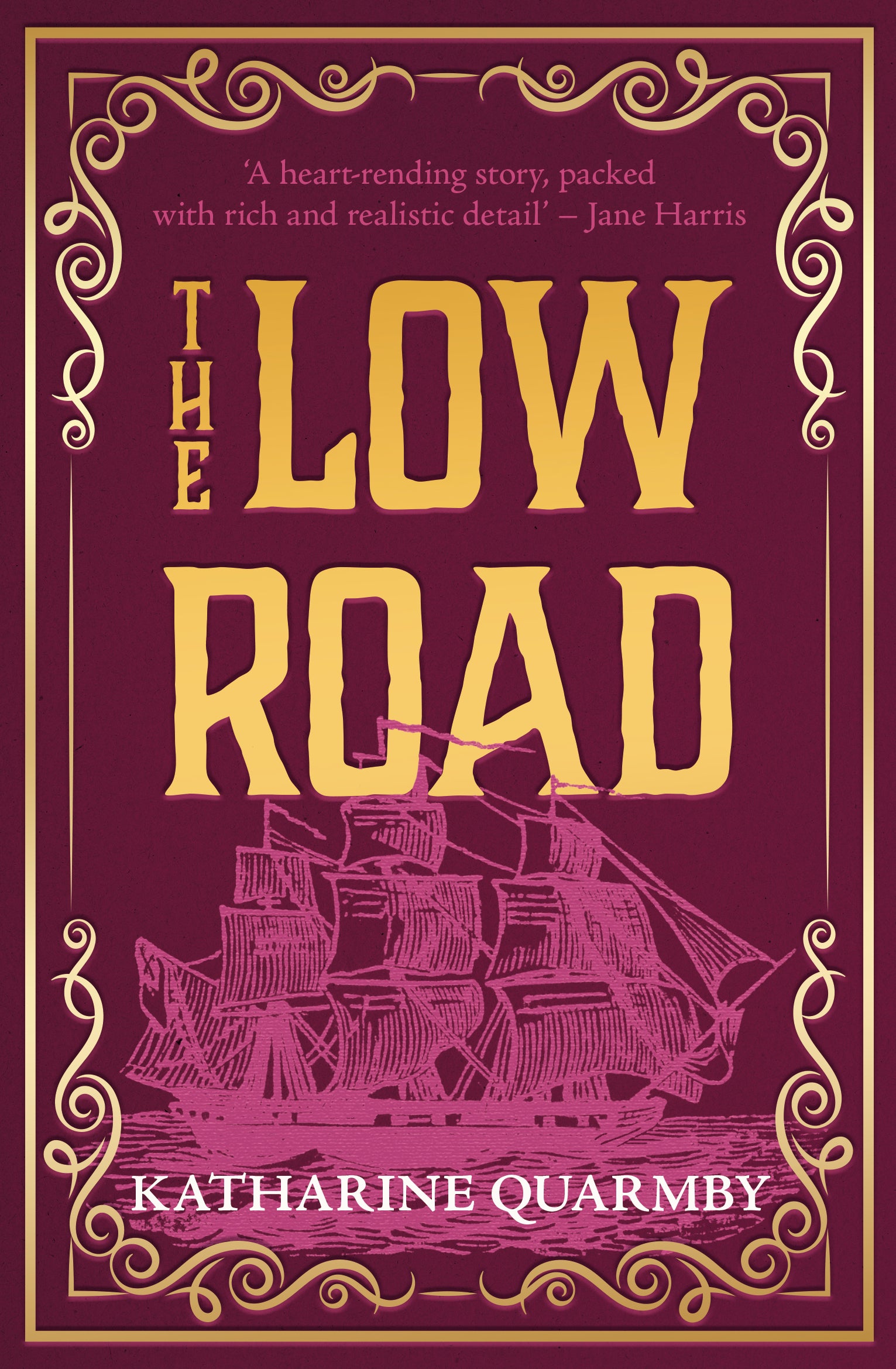Eye Books is a small, independent publisher championing extraordinary stories and overlooked voices since 1996. We publish bold fiction and non-fiction, work closely with our authors, and take pride in bringing unique books to adventurous readers.


‘A heart-rending story’ Jane Harris
SHORTLISTED: New Angle Prize
Norfolk, 1813. In the quiet Waveney Valley, the body of a woman – Mary Tyrell – is staked through the heart after her death by suicide. She had been under arrest for the suspected murder of her newborn child. Mary leaves behind a young daughter, Hannah, who is sent away to the Refuge for the Destitute in London, where she will be trained for a life of domestic service.
At the refuge, Hannah meets Annie Simpkins, a fellow resident, and together they forge a friendship that deepens into passionate love. But the strength of their bond is put to the test when the girls are caught stealing from the refuge’s laundry, and they are sentenced to transportation to Botany Bay, setting them on separate paths that may never cross again.
Drawing on real events, The Low Road is a gripping, atmospheric tale that brings to life the forgotten voices of the past – convicts, servants, the rural poor – as well as a moving evocation of love that blossomed in the face of prejudice and ill-fortune.
‘An absorbing, tender and brutal tale about love, betrayal, destitution and redemption. A heart-rending story, impeccably researched, packed with rich and realistic detail, and reminiscent of Charlotte Brontë and Sarah Waters’ Jane Harris
‘A darkly gripping picaresque tale of cruelty, courage and kindness as an orphaned girl survives poverty and injustice to seek love on the other side of the world’ Maggie Gee
‘A well-crafted and intensely dramatic novel, with characters you care about facing circumstances so dire a contemporary audience might strain to fully imagine them’ Sydney Morning Herald
‘Beautifully written, achingly moving historical fiction. Echoes of Charlotte Brontë and Emma Donoghue, but the essence is Katharine Quarmby’s own unique gift of storytelling’ Essie Fox
‘Impeccably researched, increasingly gripping’ Tom Shakespeare, The Friend
‘A masterful work that brings a forgotten history vividly to life’ Explaining History
‘A vibrant queering of convict history’ Brisbane Times
‘Soft, swelling storytelling’ Australian Women's Weekly
UK postage is free if you spend £20 or more
